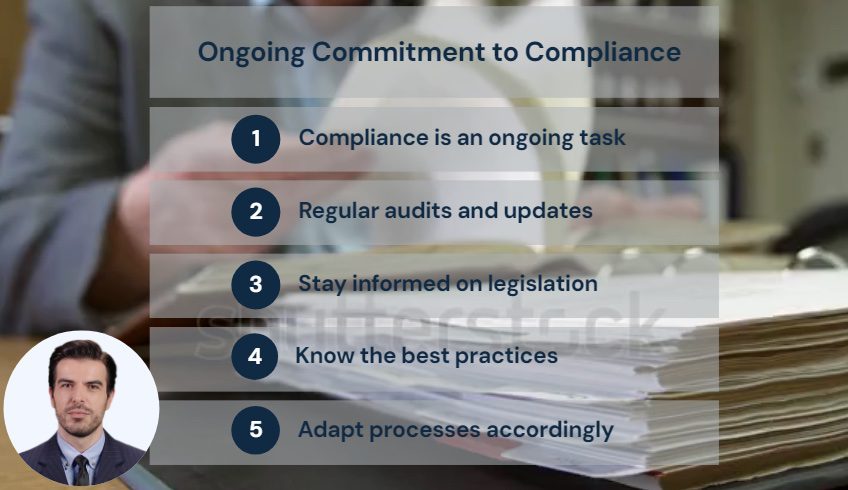
What Exactly Is the Flexible Working Bill?
Flexible working has been an important part of most employers’ response to the pandemic, with rushed home offices quickly set up so that people could continue to work even during lockdown. Sales of garden offices have soared and seeing someone’s kitchen in a Zoom background is now commonplace.These shifts to working life have changed things forever, with flexible working now seen as a necessity. In response to this change in expectation and practice, the Employment Relations (Flexible Working) Bill 2022-23 has been proposed and awaits its final readings in the House of Commons and the House of Lords.
In this article, we look at how the new bill could affect you.
What felt like a seismic shift during lockdown has now become the norm, with many workers finding the move to home working a convenient and enjoyable alternative to making a daily trip into the office. And as the pandemic has eased off and things are beginning to return to normal, most employers have adopted a hybrid working model, with a mix of both remote and office working standard practice.
And last summer, MP Yasmin Qureshi introduced a new bill, in order to formalise the law around flexible working.
What did pre-pandemic flexible working look like?
The current, aka pre-pandemic, legislation sees flexible working as a privilege to be earned over time rather than a right, and places quite high demands on anyone requesting it.Anyone with 26 weeks of continuous service has the right to request flexible working, but are only allowed to make one request every twelve months. And the request isn’t as simple as asking for it. The employee has to detail the full nature of their request as well as any expected effect it might have on the business. Quite a lot of work for the employee.
The employer then has three months to consider the proposal and provide an outcome. The employer can only deny the request on eight specific grounds including costs, detrimental effect on customer demand, quality or performance, or inability to reorganise work among other staff.
What are the suggested changes to flexible working legislation?
Since the pandemic, there have been calls to reform flexible working laws to reflect the fact that remote and hybrid working has proven to be not only successful but also beneficial in many industries and to many employers and employees.The changes include giving employees the right to make two requests per twelve-month period and giving employers only two months to decide on an outcome. In addition, employees will no longer be required to state the anticipated effects their flexible working might have on the business, placing the onus for considering this instead on the employer. The employer must also consult with the employee about potential alternatives if the original request is denied, although there is no requirement to guarantee a compromise.
During the consultation that preceded this Bill, the government stated that there was also clear support for making flexible working requests available from the first day of employment, removing the 26 weeks qualifying period. This has not been included in the current bill but is likely to appear in future amendments.
Most employers and employees have welcomed these changes, as everyone can now recognise the potential benefits of flexible working arrangements on productivity, wellbeing, and profits.
We at Ship Shape also welcome these changes. Having moved to fully remote from a flexible model ourselves, we recognise the benefits for our staff and to our clients and contractors. We are now able to access nationwide talent and provide our exceptional umbrella services to more people around the country.
The bill is yet to be passed and is currently at the report stage of the House of Commons. If it is given the go ahead it will represent yet another societal shift seen since the pandemic.

















